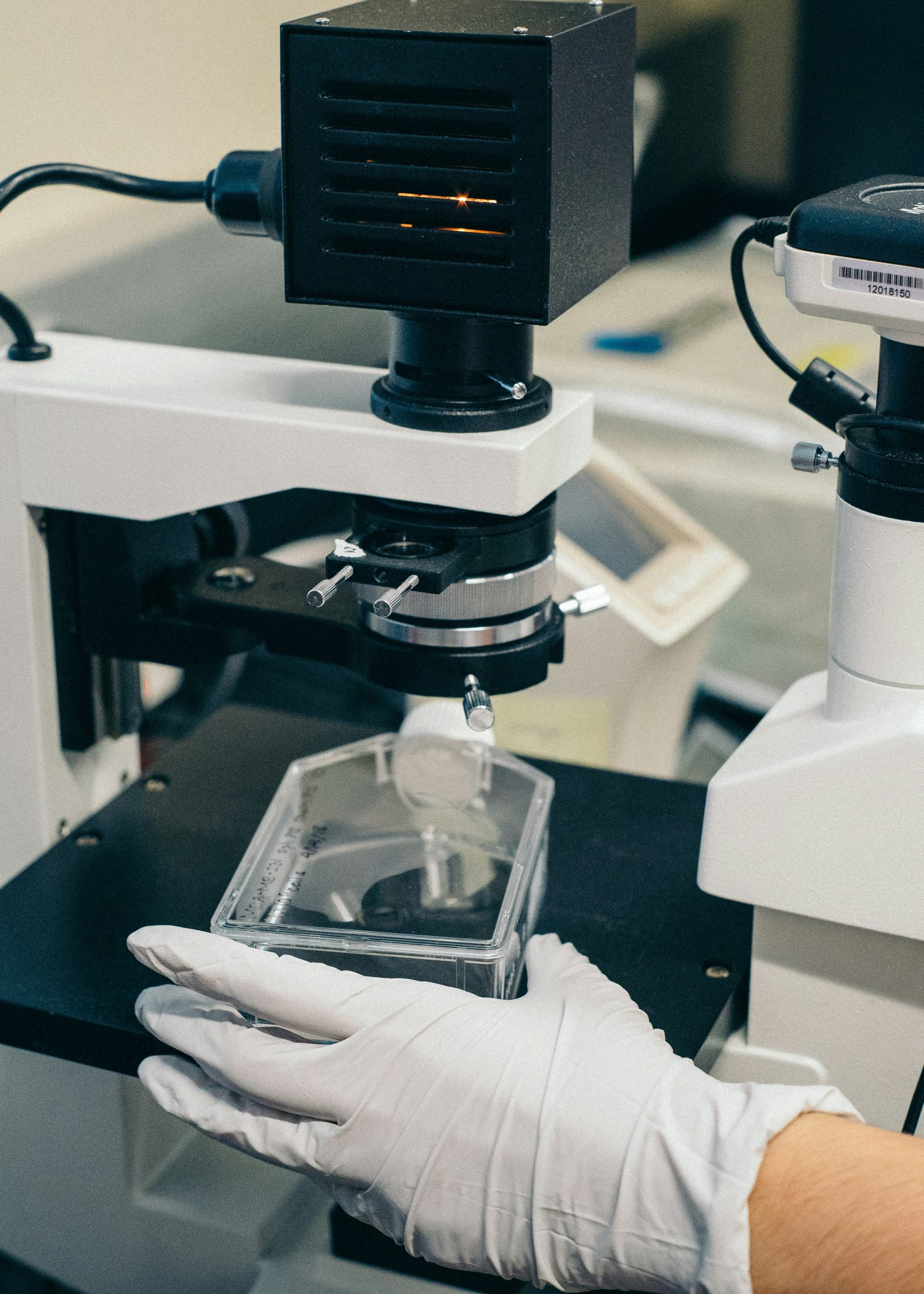
Mental Health Support for Collegiate Sports
Mental Health Support for Collegiate Sports
Introduction
Collegiate sports can be exhilarating and rewarding, offering athletes opportunities for personal growth and achievement. However, the pressures and demands of competitive sports can also take a toll on mental well-being. Athletes often face unique challenges such as performance anxiety, injuries, academic stress, and the demands of maintaining a rigorous training schedule.
The Importance of Mental Health Support
Recognizing the importance of mental health in collegiate sports is crucial not only for athletes’ well-being but also for their performance and overall success. According to Dr. Kelly Thibodeaux, a sports psychologist at Stanford University, “Athletes who neglect their mental health often struggle with focus, motivation, and resilience.”
Research conducted by the NCAA has shown that student-athletes face higher rates of stress, anxiety, and depression compared to their non-athlete peers. This underscores the need for tailored mental health support services within collegiate sports programs.
Challenges Faced by Collegiate Athletes
- Performance Pressure: Athletes may experience intense pressure to perform well in competitions, which can lead to anxiety and self-doubt.
- Injuries: Dealing with injuries is not just a physical challenge but also a mental one, affecting an athlete’s confidence and emotional well-being.
- Academic Demands: Balancing academics with rigorous training schedules can be overwhelming, contributing to stress and anxiety.
- Transition Periods: Moving from high school to college sports or transitioning out of collegiate sports can be emotionally challenging for athletes.
Strategies for Mental Health Support
Collegiate sports programs are increasingly implementing strategies to support the mental health of their athletes:
- Access to Mental Health Professionals: Many universities provide access to sports psychologists or counselors who specialize in working with athletes.
- Education and Awareness: Promoting mental health awareness and education among athletes, coaches, and staff helps reduce stigma and encourages early intervention.
- Peer Support Programs: Establishing peer support groups or mentorship programs where athletes can share experiences and support each other.
- Holistic Wellness Programs: Incorporating wellness programs that include mindfulness training, yoga, and nutrition counseling to support overall well-being.
- Flexible Academic Support: Working with academic advisors to create flexible academic schedules that accommodate athletes’ training and competition commitments.
Case Studies and Success Stories
Universities such as UCLA and Ohio State University have been at the forefront of implementing comprehensive mental health support programs for their athletes.
“At UCLA, we have seen a significant improvement in athletes’ mental well-being after expanding our counseling services to include sports psychologists who work closely with coaches and medical staff.”
Dr. Sarah Chang, Sports Psychologist at UCLA
Ohio State University’s Buckeyes Go Pro program provides career development and mental health support to athletes transitioning out of collegiate sports, emphasizing the importance of holistic support throughout an athlete’s career.
Conclusion
Mental health support is essential for collegiate athletes to thrive both on and off the field. By implementing proactive strategies and fostering a supportive environment, universities can help athletes manage the challenges they face and perform at their best. As awareness grows and stigma diminishes, the future looks promising for integrating mental health care into collegiate sports programs.
Additional Resources
For more information on mental health support in collegiate sports, consider exploring the following resources:
- NCAA Mental Health Best Practices Guide
- American Psychological Association’s Division 47: Exercise and Sport Psychology
- Books: “The Champion’s Mind: How Great Athletes Think, Train, and Thrive” by Jim Afremow, PhD
